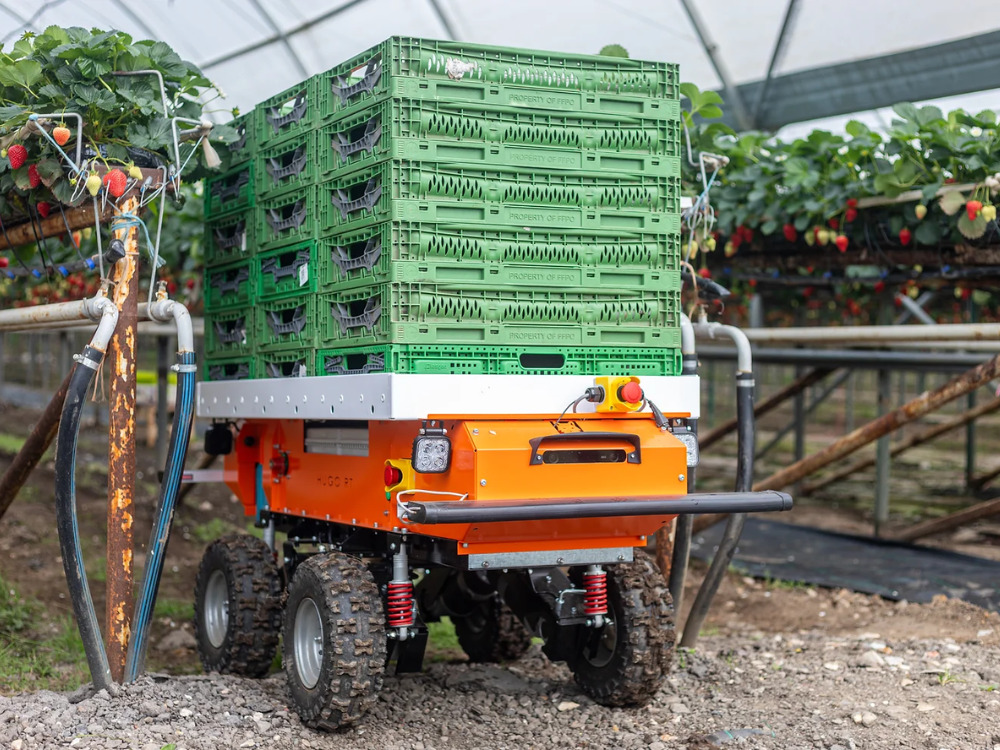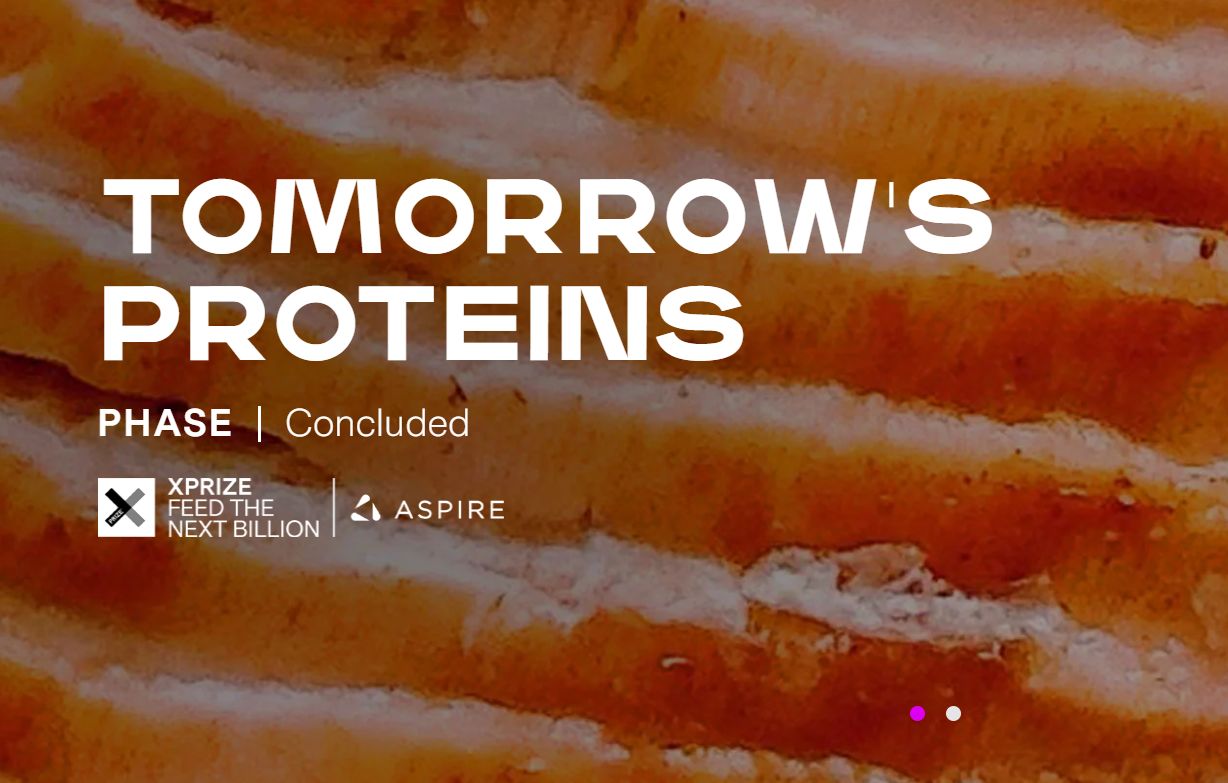The Carter Center – supposedly serving as “independent” observers of Brazil’s recent presidential election – is partnered with several Chinese Communist Party-funded foreign influence groups, War Room can reveal.
The center, founded by its namesake, former president Jimmy Carter, has also signed agreements with the Chinese Communist Party’s (CCP) Ministry of Civil Affairs to cooperate on the administration of notoriously corrupt elections in China.
The Carter Center was dispatched to Brazil to engage in “nonpartisan election observation,” as it has done for over 100 elections in dozens of countries.
“The mission focused on issues related to the function and transparency of the voting technology systems, disinformation about the use of those systems, and the legal framework governing the use of voting technology,” explains a summary.
The group’s November 4th report on the integrity of Brazil’s recent presidential election, however, makes no mention of credible allegations of fraud or the massive protests occurring as a result.
Instead, the report described these claims as “fake news”:
”The 2022 election took place in a context of great pressure on the electoral system, particularly because of the spread of fake news. Many actors, including elected officials and the armed forces, alleged that the system had flaws, which generated distrust.”
The Carter Center also discredits concerns about election fraud as “disinformation,” even adding that “while both candidates were attacked, our analysis of the leading fact-checking organizations indicates that most attacks targeted the Lula campaign.”
The Carter Center, however, retains deep ties to the Chinese Communist Party, which has long been accused of favoring the victory of Luiz Inácio Lula da Silva over Jair Bolsonaro.
The Carter Center’s dismissal of fraud, which helps to solidify Lula’s questionable victory, should therefore be called into question over its long-standing ties with China.
As previously reported by War Room:
The Carter Center’s ample ties to Beijing have been repeatedly flagged by U.S. lawmakers, as it has worked with several groups operating under China’s “United Front.”
A multi-billion-dollar political warfare operation, the United Front has been described by former CCP Chairman Mao Zedong as a “magic weapon” to ensure communism’s victory over democracy. American officials have also identified the effort as working to “co-opt and neutralize sources of potential opposition” and “influence foreign governments to take actions or adopt positions supportive of Beijing.”
Since 2012, the Carter Center has worked alongside the China United States Exchange Foundation (CUSEF), which was founded by the Vice-Chairman of the United Front’s oversight department. CUSEF has previously sponsored trips to China for American journalists and former congressmen in exchange for “favorable coverage,” as revealed by Foreign Agent Registration Act (FARA) filings.
The Carter Center, which has accepted fundsfrom CUSEF, has sponsored a host of dialogues and events with the controversial group, providing a platform to argue fo increasing ties between America and the CCP.
The center also retains links to the ChinesePeople’s Association for Friendship with Foreign Countries, which has been dubbed the “public face” of the United Front and flagged by the U.S. State Department for its campaigns to “directly and malignly influence” officials from foreign countries.
Other United Front groups that the Carter Center has collaborated with include the Chinese People’s Association for Peace and Disarmament, the Center for China and Globalization, and the U.S.-China Heartland Association, which explicitly targets American farmers and farmland.
The Carter Center has also hosted events alongside the China Research Center (CRC), which is financially supported by Confucius Institutes. Confucius Institutes have been described by Chinese government officials as “an important part of China’s overseas propaganda set-up” and are notoriously rife with intellectual property theft and espionage.
The Carter Center’s ties to the CCP run deeper, as it signed a memorandum of understanding with the regime’s Ministry of Civil Affairs in 1998 to collaborate on various election matters in China at the village and township level.
The Carter Center, which was the first foreignorganization allowed to observe elections above the village level in China, has published extensive reports on the CCP’s elections, routinely failing to offer any harsh criticism of the regime’s electoral manipulation and intimidation.
“In those villages which we saw and heard about, the basic norms of a democratic election have been conveyed and are being implemented,” explained one report.
Under the memorandum, the Carter Center worked with the CCP’s Ministry of Civil Affairs “to set up a computer network system for election data gathering; to standardize electoral procedures; to design and organize training sessions of election officials; and to promote exchanges between China and the United States on election observations and researches on election-related topics,” according to a synopsis of the agreement.
“All Carter Center programming is done in consultation with Chinese government agencies and designed to deepen reform measures on the government agenda,” it adds.
The memorandum also led to the Carter Center hosting delegations of CCP officials visiting the U.S. to observe elections in 1998, 2000, 2002, and 2006.
Source link
Author Editor





